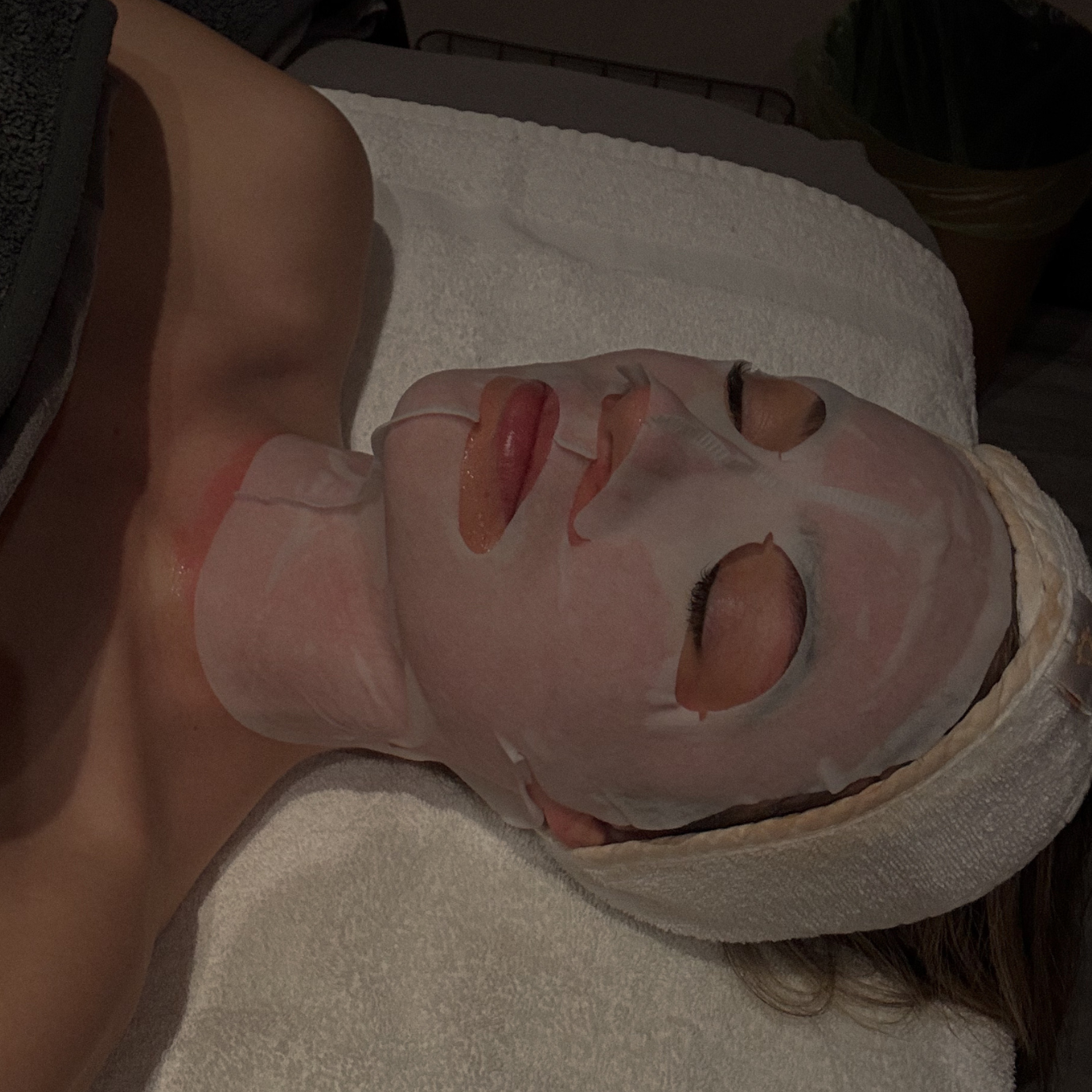
The Magic of Magnesium
Why This Mineral Deserves a Spot in Your Daily Routine
We often discuss vitamin D and obsess over protein. We sprinkle collagen into our coffee and chase omega-3s as if they were gold. But magnesium? It’s frequently overlooked - quiet, unassuming, yet essential.
Think of magnesium as the backstage crew of your body. It's not flashy, but nothing runs smoothly without it. It’s involved in over 300 enzymatic reactions (yes, 300!) and supports various bodily functions, including muscle function, energy production, sleep, and mood regulation. Yet, most of us aren’t getting enough… so let’s explore:
- What is magnesium? Magnesium is a mineral found in your bones, muscles, and brain. It plays a key role in nerve transmission, muscle contraction, blood glucose control, and the creation of ATP (your body’s energy currency). It's the mineral equivalent of duct tape: holding things together and quietly fixing what could fall apart. The recommended daily intake varies by age and gender but generally falls between 310 and 420 mg for adults. That might sound doable, but studies suggest that nearly half of Canadians are magnesium deficient, primarily due to modern diets that are high in processed foods and low in leafy greens.
- Signs you might be low: Magnesium deficiency doesn’t show up dramatically at first. It is quiet and whispers. You may notice muscle cramps or twitching. Trouble sleeping. It's a fatigue that no amount of coffee or matcha touches. Some people report anxiety or feeling generally “off.” Over time, low magnesium can contribute to more serious issues such as high blood pressure, irregular heartbeat, insulin resistance, and even migraines. If any of that sounds familiar, magnesium could be playing a role.
- Why are we so low? Blame the soil (seriously!). Magnesium was once plentiful in our food, but modern farming practices have depleted the soil of its minerals. Add to that stress, which depletes magnesium, and certain medications (like PPIs or diuretics), alcohol, caffeine, and, of course, sugar, and you’ve got the perfect recipe for deficiency.
- How to get more of it without making it a “thing”: The good news? Magnesium is hiding in some delicious places. Think almonds, pumpkin seeds, dark chocolate, avocados, spinach, black beans, and even bananas. Integrating these foods regularly can go a long way. Still, some people may need a little boost with magnesium supplements (note that not all forms are created equal).
- Magnesium citrate is known for its gentle laxative effect, which can be beneficial if you need assistance with bowel movements. In contrast, magnesium glycinate is more calming and is often recommended for promoting sleep and alleviating anxiety
- Magnesium oxide is less expensive and more commonly found, but it is not the most bioavailable form.
It’s worth talking to your doctor or a healthcare professional before supplementing, especially if you’re on medications or managing a chronic condition.
- The sleep-magnesium connection: Magnesium helps regulate melatonin and calms the nervous system. It’s one of the reasons why a warm magnesium bath (Epsom salts) can feel like a gentle sedative. Research suggests that people with insomnia, especially older adults, may benefit from magnesium supplementation. It's not a sleeping pill, but it may help your body relax enough to get there naturally.
- The mood connection: Magnesium’s impact on mental health is quietly profound. It influences neurotransmitters like serotonin and dopamine, which regulate mood. Some studies have found a link between low magnesium levels and symptoms of depression and anxiety. While it’s not a replacement for therapy or medication, it may be a valuable part of the bigger picture.
One last thing! This isn’t about adding another supplement to your already crowded shelf. It’s about tuning in. If your body feels wired and tired, your muscles are cranky, sleep is elusive, and your stress tolerance is hanging by a thread, magnesium might be your missing piece. Start by looking at your plate. Add a handful of nuts. Try a magnesium-rich smoothie. Go soak in the tub. Small shifts matter. Because sometimes, the quietest nutrients are the ones doing the loudest work.
Until next time.
Beate











Leave a comment